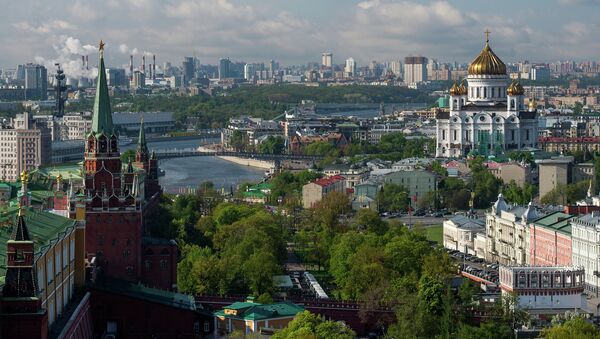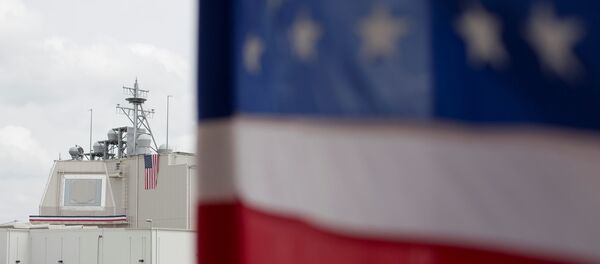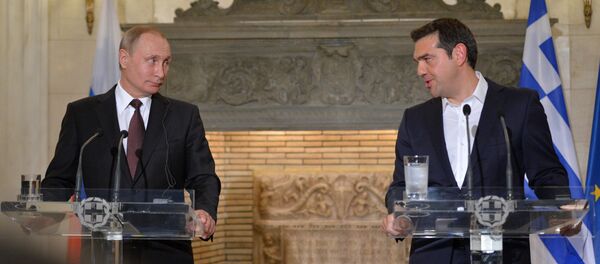"The world has been going through an economic crisis for a very long time. Economic growth has stagnated. If we take Europe, then the situation is even worse, since the European Union is facing structural challenges," he said.
Western countries "have turned their attention to Russia in a bid to explain away their own failures or difficulties. I think this is the reason why the anti-Russian rhetoric has become more powerful," the author of "Russia-West: A Thousand Years of War" told those present at the book launch at the Moscow State Institute of International Relations (MGIMO).
Several high-ranking US and NATO officials, including the bloc's current supreme allied commander US Army General Curtis Scaparrotti, have repeatedly named Russia as a major threat to its neighbors, as well as the alliance. In addition, Moscow has been accused of meddling in the Ukrainian civil war and the Syrian conflict.
Russian officials and experts have insisted that Moscow does not pose a threat to any country. Moscow has also made every effort to resolve the deadly crises in Ukraine and Syria.
For instance, Angela Merkel's approval rating exceeded 50 percent in March, but the German chancellor and the ruling Christian Democrats have been increasingly criticized for their approach to dealing with the unprecedented refugee crisis. Fifty-four percent might seem as a solid job approval, yet nine months earlier 67 percent of Germans backed Merkel's policies.
Meanwhile, the US has seen the unprecedented rise of anti-establishment candidates in the presidential race. Donald Trump had no political experience prior to joining the race to with the GOP nomination, yet he will likely vie for America's top job in November.



